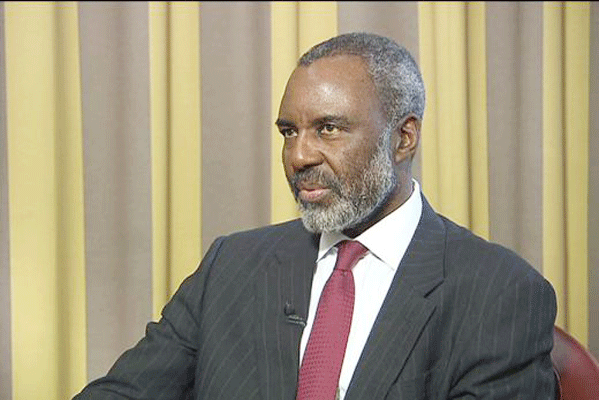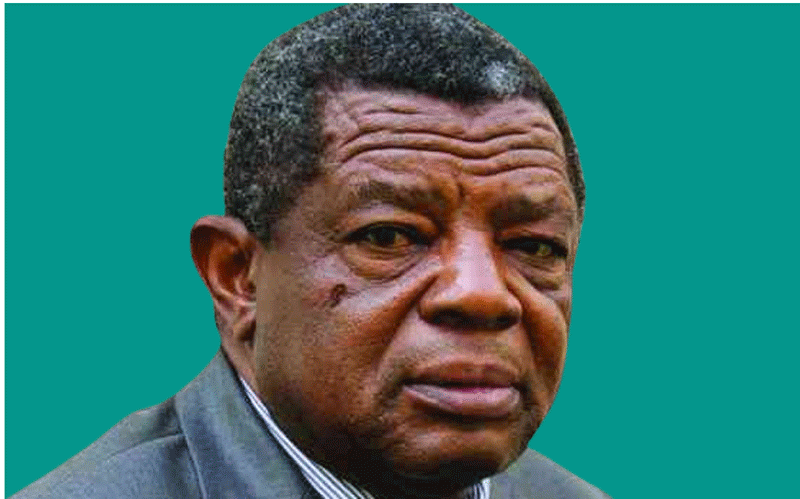
mathabelazitha/the anvil :BY ZIFISO MASIYE
Merry Christmas and a happy new year to all Zimbabweans on this, our stolen Christmas Day! The desolate mood, empty fridges and forlorn faces in a festive season every Zimbabwean will wish to forget, invites the question from my curious granddaughter…What if this is the first of 10 really dead Christmases, Khulu? We all broke into spontaneous laughter at the child’s question around the tiny nkukhu-makhaya we were de-feathering, but soon, we were all quiet, realising she might have a serious point to ponder.
The combined competence of experience, history and literature suggests, rather consistently, that the basic assurance and reliable guarantee of sustainable change in any social entity, organisation, group or society is effective ADKAR. ADKAR is a generic change management anchor and model for effecting change.
It is a simple change implementation framework and model that directs and guides humans in some sort of quagmire like ourselves on what fundamental steps to take, in what depth and sequence, if we are to extricate ourselves from our collective misery, to a Zimbabwe whose identity every citizen can be proud of.
Effective change management is basically a function of Awareness, Desire, Knowledge, Ability and Reinforcement (ADKAR) in that order.
To generate an effective appetite for change, a distinct collective discontent with status quo or revulsion with our current living conditions is a prerequisite, the collective awareness that our living conditions are wrong, bad, abnormal, unconscionable and unsustainable is a starting point that must not be in doubt. Knowing that your situation is bad and committing to change that situation are two different things. General awareness of the need for change in a country is insufficient to guarantee the change. It is possible for a people to feel uncomfortable with their living conditions, to be keenly aware of the injustices, social deficits, governance abuses and less than human conditions surrounding them, and yet for the same people to feel numb and to lack any demonstrable desire and commitment to change their situation. So often, you hear intense and increasingly annoyed conversations about the degenerate and unbearable social, political, economic living conditions of the country in every kombi, hair salon, church, family lounge and watering hole. The awareness and discontent is palpable. However, where unhappy citizens routinely distance themselves from personal and collective agency for resolving their discomfort and instead seek to transfer responsibility for change to a select few, to a limping government, to incapacitated political formations, to shady political careerists and agencies outside the political body of Zimbabwe, this must suggest that the levels of desire for change remain very low and inadequate to deliver any meaningful change. We have observed with increasing interest and shock, many cadres purportedly committed to change do an inexplicable political somersault and quickly ingratiate themselves and curry favour with a status quo they are otherwise sworn to uproot.
Yet awareness and desire alone cannot, even when complete, achieve the change we dream of. The acquisition of knowledge and skills and tools and techniques for effecting change and the experience and ability to apply these is a primary prerequisite for change. Desire without skills amounts to zero! From day one, these very basic and fundamental questions have been important barometers for measuring the commitment and readiness for change in the Zimbabwean psyche. It is Dr Nkosana Moyo who has asked us consistently whether or not, and to what extent citizens were ready to sacrifice and to commit their personal and collective energy to a distinctly re-engineered social order, economic agenda and cohesive political vision. Whether it be a readiness and national commitment to the vision of the third Republic or a citizen commitment to an entirely new social and political order, the narrative that ordinary Zimbabweans are in hell, but not ready to commit themselves to exit and explore a new path seems to be more compelling.
Awareness: The average Zimbabwean holds extremely dim view of his or her country today. They already did for decades that side of November 2017, but the high hopes occasioned by that date have only served to seal the painful awareness of the inexorable misery of the citizen. Where, in the past, the case for change may have been in some doubt, the consuming conditions of fear, food insecurity, currency failure, personal insecurity, service delivery collapse have mobilised the collective awareness of unprecedented governance failure.
- Chamisa under fire over US$120K donation
- Mavhunga puts DeMbare into Chibuku quarterfinals
- Pension funds bet on Cabora Bassa oilfields
- Councils defy govt fire tender directive
Keep Reading
Desire: There appears neither the correct levels of trust, confidence and respect for the primary purveyors of the 2030 Vision, nor sufficient leadership sacrifice, commitment and exemplars to generate sufficient citizen buy-in and inspire hope and a compelling appetite for a desired future state. On the other hand the scary insecurity and imminent all round negative consequences of sustained status quo, surprisingly fail to boil over public discontent to effective desire for change. All regional and global barometers of citizen tolerance of governance abuse would seem to have hit record tipping point and the world is united in the question: What will it take a Zimbabwean frog to jump and reject boiling water? While some have isolated the apparent lack of a compelling alternative leadership proposition with a distinct binding vision for the future, others moan the fact that the idea of a collective onslaught has been compromised by an increasing resort to individual coping mechanisms and the pursuit of personal benefit.
Knowledge of ability: Yet, as Dr Nkosana Moyo warned our citizens right up to the ballot day, our awareness and desire for change must necessarily be informed by basic leadership competence and deference to the primacy of meritocracy. Elsewhere in the advanced economies we aspire to become, political leaders that drive infrastructure development, industry and technology change are talented, proven, deliberately identified and trained individuals… not popular thugs and gangster barons. Investing political change in a crop of “leaders” who have neither technical knowledge, economic competence nor demonstrable capacity individually or collectively to drive change is an exercise in futility.
l Zii Masiye (ziimasiye@gmail.com) writes elsewhere on social media as Balancing Rocks.










